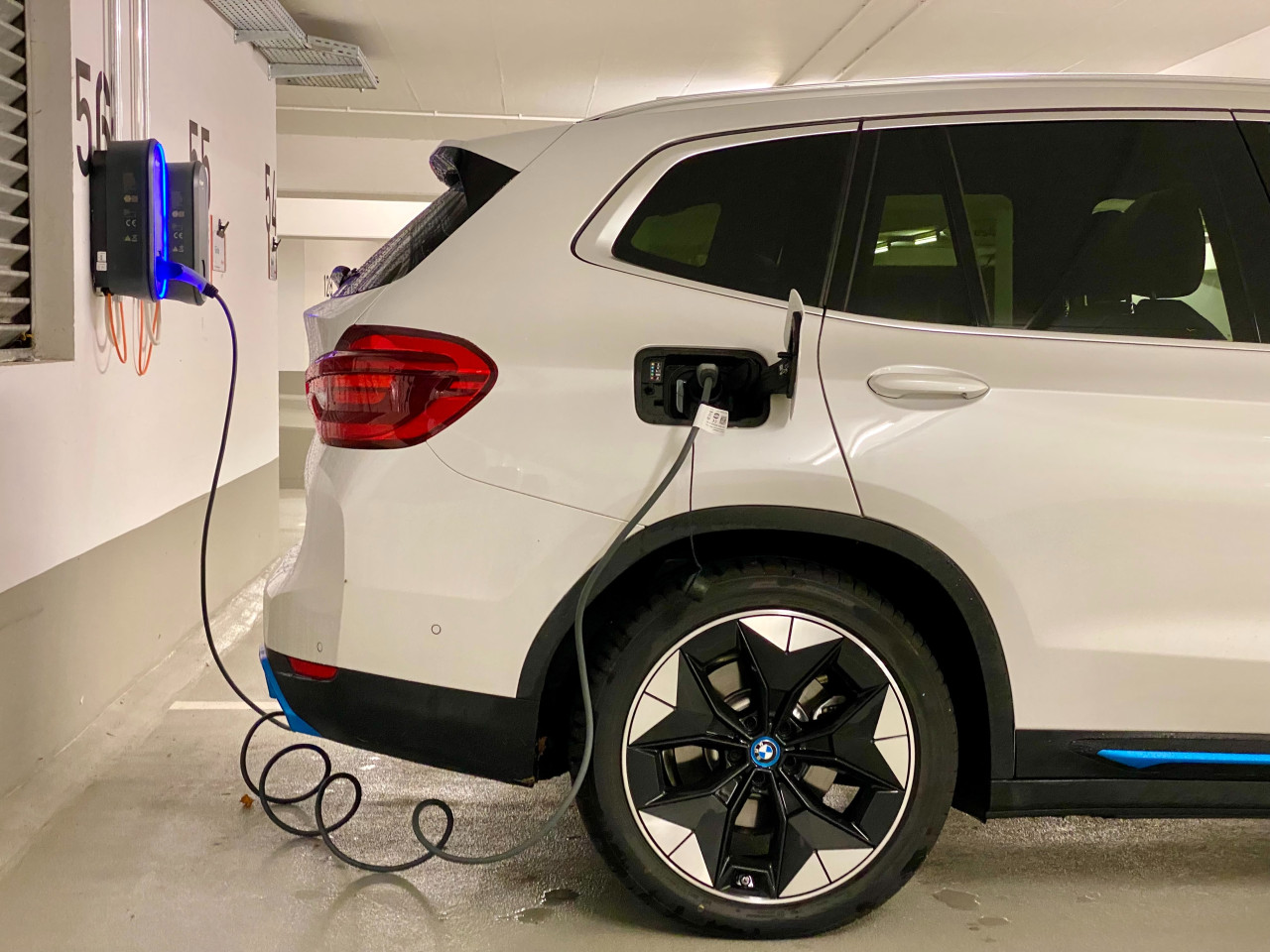EV batteries that charge as quickly as cellphones?
Toyota has announced the next big thing in EV batteries. Or has it?
This month, the Japanese automaker said it had found a cost-effective method to produce solid-state EV batteries that could offer a range of around 750 miles on a 10-minute charge. For comparison, modern cell phones – including smartphones – require between 30 minutes to 2 hours to charge fully and run throughout the day.
More good news – Toyota claims the new method will halve manufacturing costs.
Solid-state batteries have two key problems: they don't retain charge for long enough and they cost more to manufacture than lithium-ion batteries. According to the Japan Science and Technology Agency, the manufacturing cost for solid-state batteries currently ranges from $430 to $2,500 per kilowatt-hour. That's between four and 25 times the cost of lithium-ion batteries.
If Toyota can commercialize its breakthrough, it could resolve the twin barriers to EV uptake: the cost and the range. All electric vehicles, whether two, three or four wheels, have higher upfront costs than conventional models, restricting their appeal to consumers. History shows that removal of subsidy is an immediate downer.
The range is the other area of concern. World over, the number of charging stations is fewer than the number of fuel stations (the difference is shrinking fast), making long distance travel on EVs a risky proposition. In addition, there's charging time. EV batteries take a long time to charge, measuring plug-in time in hours, while filling time at the fuel station runs into minutes. In the US, for example, there are 22,000 publicly available fast chargers, which can take from 20 minutes to an hour to charge a car battery to 80 percent. The number of fuel stations, by comparison exceeds 140,000 and time to fill a tank is a few minutes.
In such a situation, Toyota's discovery could seal the global EV transition and offer currently unheard-of convenience to EV owners.

Tatas pick UK for £4 billion gigafactory that will supply JLR's future models
Keiji Kita, the president of Toyota's research and development center for carbon neutrality, said in a release: "…we are aiming to drastically change the situation where current batteries are too big, heavy and expensive…In terms of potential, we will aim to halve all of these factors." He said Toyota would integrate the new batteries into its vehicles starting from 2027.
Not everyone is convinced Toyota's claims are noteworthy. In particular, other companies are also evaluating solid-state batteries and at least two have plans around them: Nissan aims to release an EV with a solid-state battery in 2028 and Germany's BMW has said it will unveil a concept solid-state battery car by 2025, with production starting 2030.
Critics also noted that Toyota's announcement of its breakthrough was low on specifics, leading to conjecture the company was simply leaking news to assuage shareholders worried about the conventional carmaker's position in the e-mobility market.
Toyota has been lagging in conventional EVs, even as rivals including General Motors and Volkswagen set up plants through a group company or in collaboration with South Korean firms. The Japanese company sold more than 10 million vehicles globally last year but only around 20,000 of those were EVs.
Still, Toyota is Toyota and even rivals acknowledge the company's powerhouse presence in solid-state batteries, where it holds more than 1,000 patents. Plus, the top management is involved in the battery push.
Chief Technology Officer Hiroki Nakajima has confirmed the 2027 target for launching vehicles with the new batteries. Doing so will be a "challenge", Nakajima said, before adding, "it's not that we don't have any basis [for announcing the date]."
At a briefing last month, Nakajima stood by the claimed breakthrough, telling journalists "We found quality material," and the company would "keep up with the rest of the world" in e-mobility.
Can we separate the substance from the sizzle in Toyota's claims? Let the experts have the last word.
David Bailey, a professor of business economics at the University of Birmingham, agreed that Toyota's claims – if true – could prove a landmark moment in the EV transition. "If it is a genuine breakthrough it could be a gamechanger, very much the holy grail of battery vehicles," Bailey told the Guardian newspaper of the UK. But he warned about being overtly optimistic: "Often there are breakthroughs at the prototype stage but then scaling it up is difficult."
Hironori Kobayashi, principal research manager of electrochemical energy unit at Japan's National Institute of Advanced Industrial Science and Technology, told the Nikkei business newspaper that early solid-state batteries were likely to be installed for a limited number of models, such as luxury vehicles.
Or, to sum up: it might be true, but is it also scalable? We'll just have to wait and watch.























